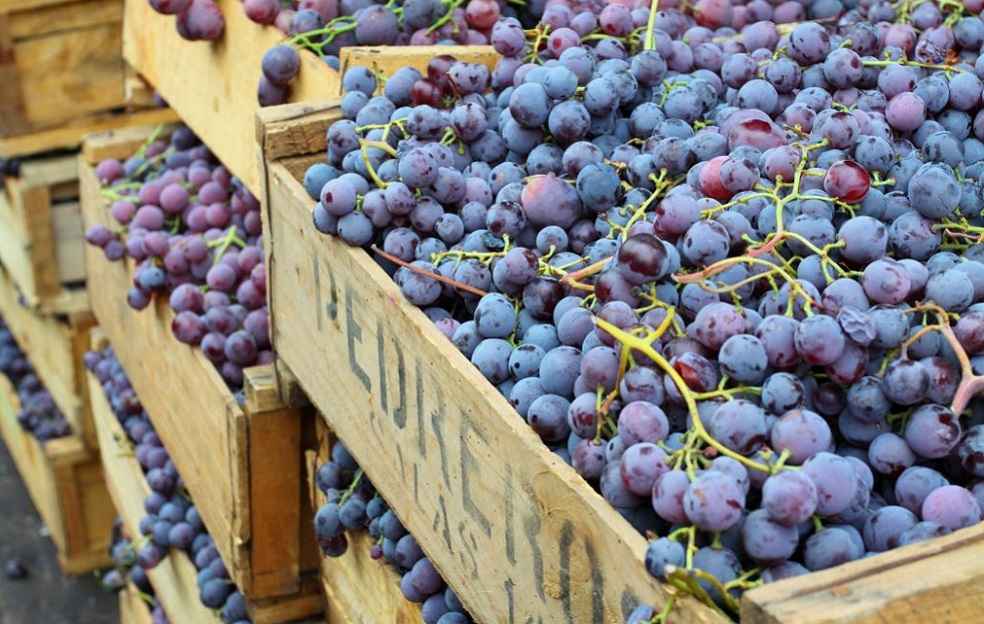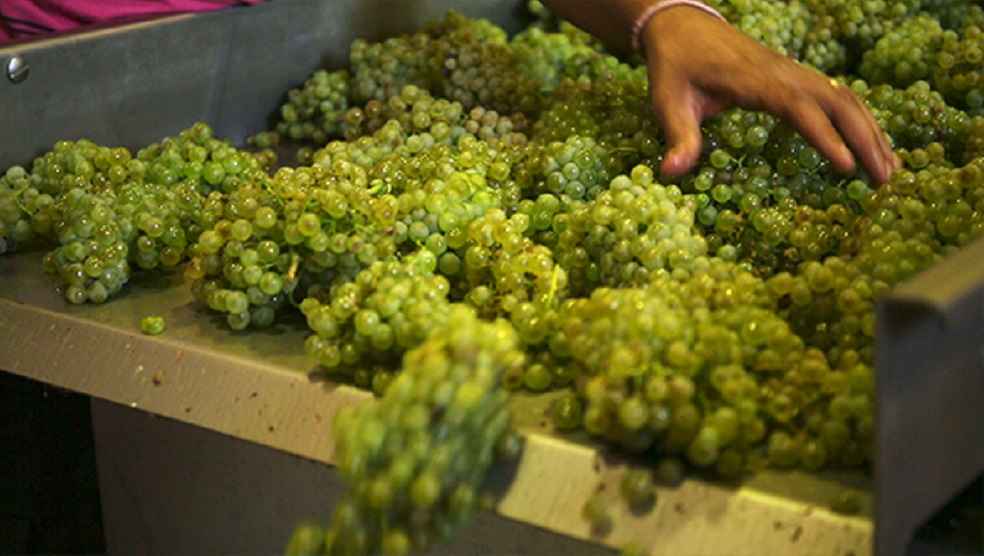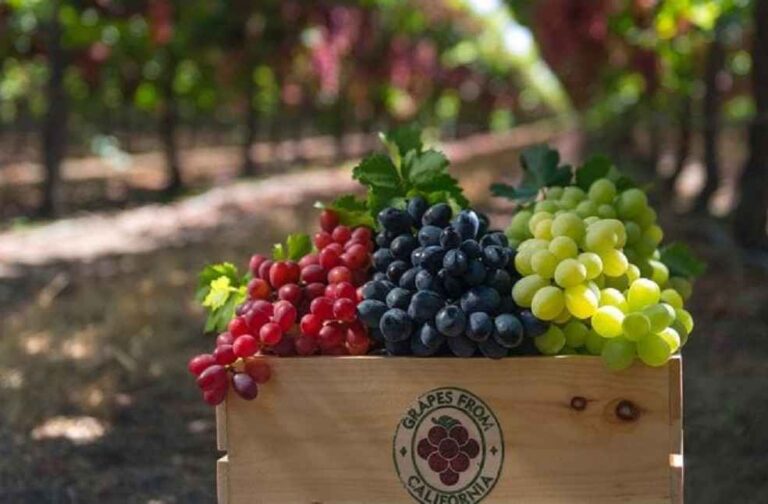Hurricane Hilary, which struck California in August, has had lasting repercussions on the table grapes industry. This turbulent period, which ordinarily witnesses peak yields, has seen a combination of supply shortages and quality issues across Asian markets, resulting in diverse market responses.
A recent USDA report reveals a noticeable downturn in grape promotions, with a 55% reduction in stores advertising them compared to the previous year. Even more concerning, seedless grape promotions have decreased by 56%. Simultaneously, seedless grape prices have seen a notable 39% increase year-on-year.
This disruption, representing a loss of 25 million boxes, is significantly impacting international importers. Many in Asia are facing reduced volumes and inconsistencies in quality. Yet, some markets are finding unexpected opportunities.

Asia’s Varied Reactions
Hong Kong stands out as a beacon of positivity. Insights from the California Table Grape Commission highlight a boom in the supply of California grapes at wholesale markets, particularly as the Mid-Autumn Festival looms. Green grapes, bountiful and of superior quality, dominate the scene.
Contrastingly, Japan exudes apprehension. While grapes are still being imported, the reliance on air shipments has grown. Importers report a volume reduction of 25-50% from the previous year, attributing it to increased grape prices and potential quality concerns. Additionally, the depreciation of the Japanese yen against the U.S. dollar is pushing import costs even higher.
South Korea resonates with these sentiments. Despite ongoing shipments, both the price and quality of grapes have been compromised. Reported issues, including skin breakdowns and stem cap damages, have led to a reported volume decrease of 40-45% compared to the previous year.

Singapore and Vietnam have also been affected by quality issues. Singapore is leaning towards faster, albeit more expensive, air shipments to ensure grape quality. Vietnamese importers, meanwhile, express hesitancy regarding ocean shipments due to quality assurance challenges. Conversely, Taiwan and Malaysia express satisfaction, particularly with grapes received via air shipments.
The Shift to Air Shipments
The increasing pivot towards air shipments is unmistakable. In the wake of challenges introduced by Hurricane Hilary, many Asian importers are opting for air freight to ensure better grape quality and speedier deliveries.

Anticipation surrounds the California table grape producers and suppliers, with hopes pinned on a rapid recovery in the subsequent season.
IMEX SECTOR | Vietnam Fruit Exports to China Blossom: A Sweet Venture in Trade Ties



